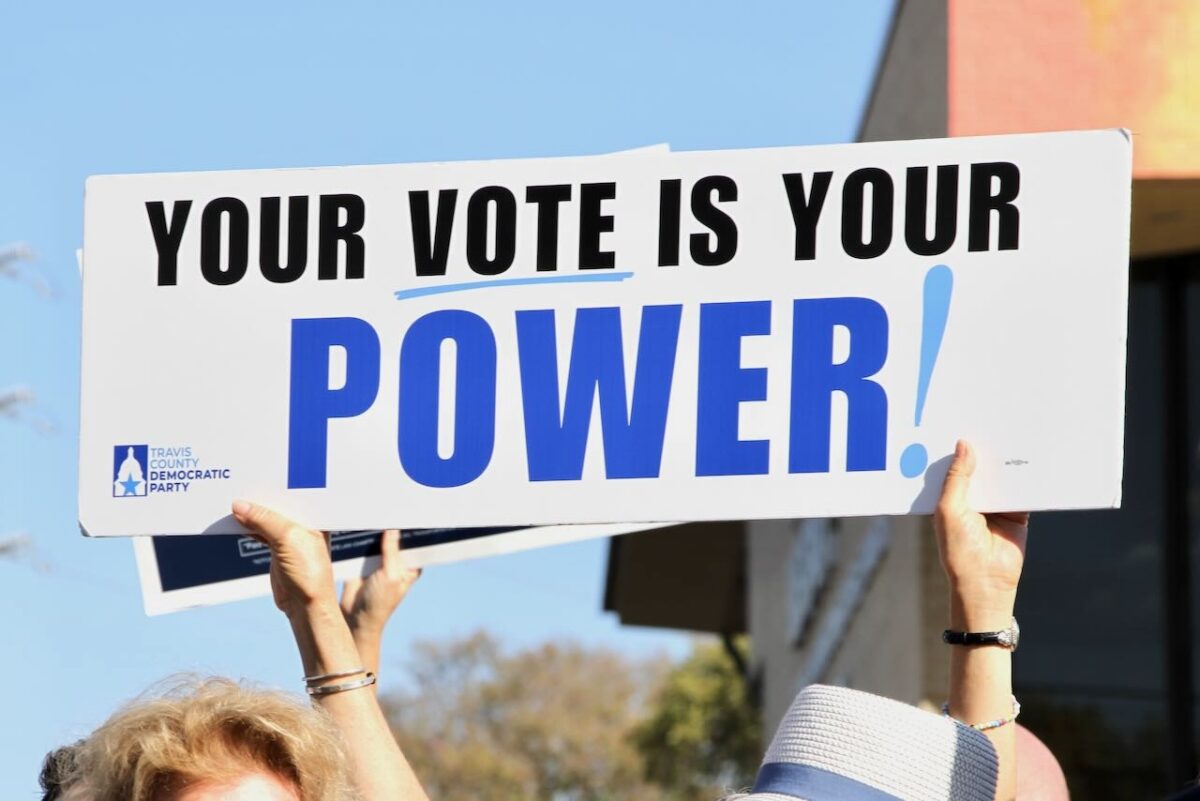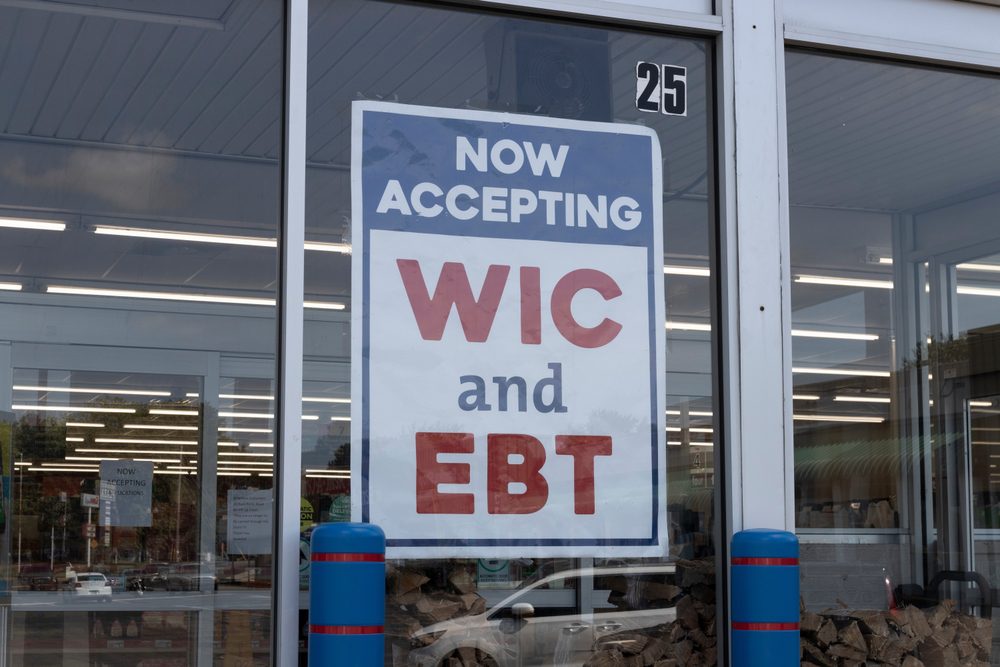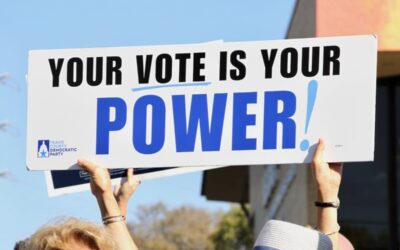
SB 13 requires that school boards, rather than librarians, have the final say over which books or materials can be put in school libraries.(Photo by Mint Images/Getty Images)
From taking power away from school librarians to requiring age verification in public libraries, Republican lawmakers in Texas embraced banning books.
Right-wing Texas lawmakers targeted books in public schools and access to public libraries during the legislative session.
Here’s what happened with some of those bills during the session, which ended Monday.
Librarians vs. school board members
Texas lawmakers sent Senate Bill 13 to Gov. Greg Abbott’s desk before the 89th legislative session ended on June 2. It takes effect Sept. 1 unless Abbott vetoes it.
SB 13 requires that school boards, rather than librarians, have the final say over which books or materials can be put in school libraries, banning anything that doesn’t adhere to “local community values.”
The final version of the bill, which was approved by the House 81-48 and the Senate 23-8, creates an advisory committee made up of parents that the board can delegate decision making to.
It also requires that school districts remove books with “indecent,” “profane,” or “sexually explicit” material, and allows board members to veto new library purchases.
Any new library material is subject to a 30-day public review period, and then the school board would have another month before a vote. The bill also allows parents to submit a list of books their child specifically is not allowed to check out from their school’s library, and includes definitions for what is considered “harmful material” and “indecent content.”
Critics of the legislation are calling it unconstitutional.
“SB 13 is unnecessary, unconstitutional, and unworkable,” Caro Achar, engagement coordinator for free speech at the ACLU of Texas, said in a statement following the bill’s passage. “The bill severely limits students’ access to educational materials that they rely on to learn about themselves and the world around them — putting students at a disadvantage to pursue the lives and careers they want.”
House Democrats also raised concerns about the bill’s verbiage, questioning how school boards will determine “community values,” and the far-reaching effects parents from small communities can have on the entire state.
“ Under the language of your bill, ‘The Catcher in the Rye,’ an American classic, could be banned because it includes more than 300 curse words, including the ‘F word,’ Rep. James Talarico (D-Austin) said during a House floor discussion on the bill.
He also mentioned the possibility of other classics such as “Romeo and Juliet,”, “Lonesome Dove,” and the Bible getting banned under SB 13.
“It undermines the expertise of librarians and empowers a small group of unqualified individuals to help control what all students can read,” Achar said.
A similar bill, House Bill 183, did not get far in the legislature.
HB 183, filed by Rep. Jared Patterson (R-Frisco) allowed public school parents to request the removal of a book they say is inappropriate for their student’s grade level, which would prompt a review by the Texas State Board of Education.
Under HB 183, the state board had three weeks to review the material, and in the meantime, students in the school and district where the book has been challenged wouldn’t have access to it. The board would then add the book to the list of approved materials, reject it outright and remove it from schools statewide, reject it for some but not all grades statewide, or refer it to the Texas Education Agency for further review.
Over 500 books were banned in Texas public schools during the 2023-24 school year, according to PEN America’s Index of School Book Bans.
Age verification in public libraries
House Bill 3225, and its companion Senate Bill 2101, are dead in the legislature.
The two bills forced public libraries to verify the age of every patron in order to keep people under the age of 19 from accessing “sexually explicit” books.
Library advocates and critics of the legislation said the bills infringed on teenagers’ First Amendment rights, and turned libraries into “reading penitentiaries.”
HB 3225, filed by Rep. Daniel Alders (R-Tyler), was set for a vote on May 28 — a key Senate deadline to pass bills — but was never considered after Democrats blocked the bill.
The bill included broad definitions of “sexually explicit,” including any books with images or language that “describes, depicts, or portrays sexual conduct.”
A similar bill passed in Idaho in 2024, causing confusion and, in some cases, forced public libraries to ban unaccompanied minors from accessing the library all together.
Support Our Cause
Thank you for taking the time to read our work. Before you go, we hope you'll consider supporting our values-driven journalism, which has always strived to make clear what's really at stake for Texans and our future.
Since day one, our goal here at COURIER Texas has always been to empower people across the state with fact-based news and information. We believe that when people are armed with knowledge about what's happening in their local, state, and federal governments—including who is working on their behalf and who is actively trying to block efforts aimed at improving the daily lives of Texas families—they will be inspired to become civically engaged.















